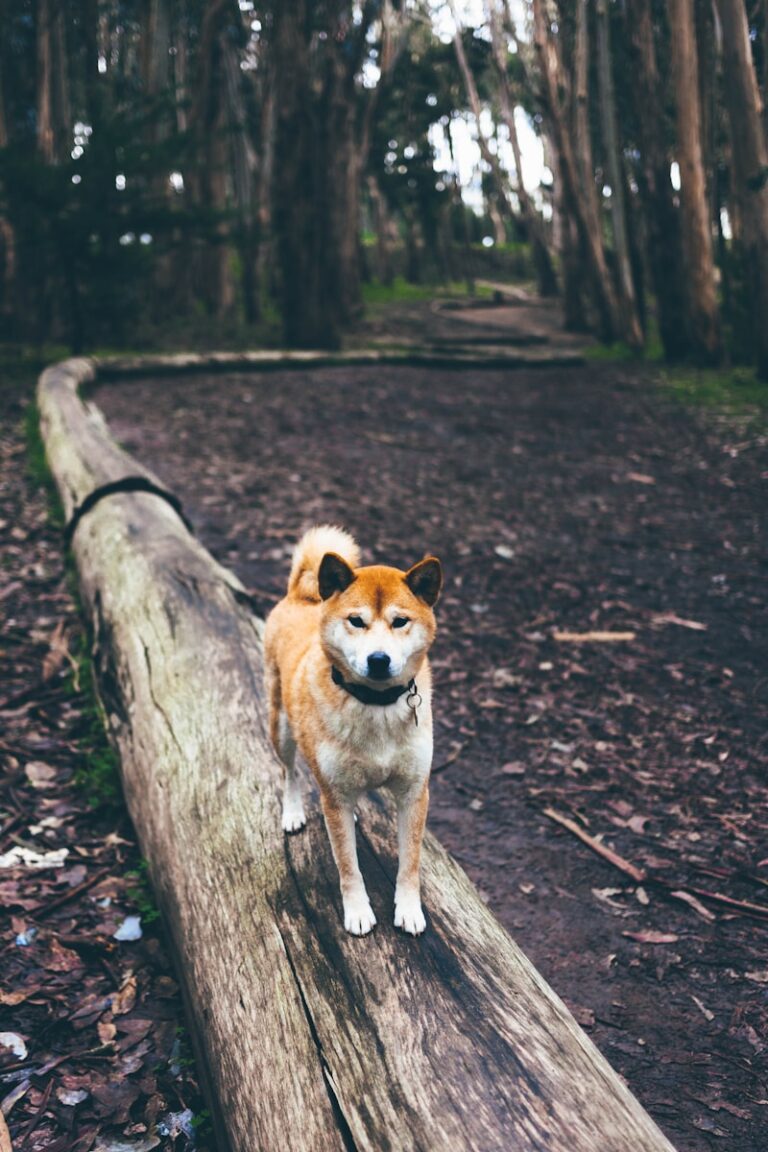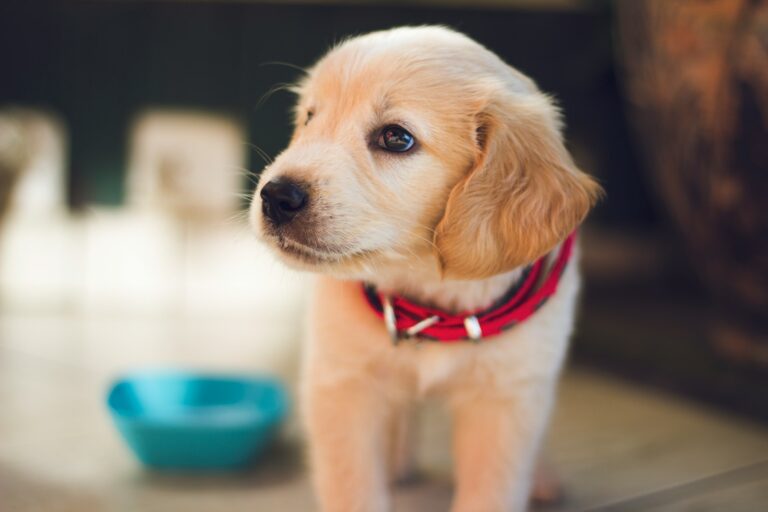Is it Okay to Kiss and Hug My Dog?
As a canine specialist and dedicated dog breeder, I’ve observed countless interactions between dogs and their owners. One common question that surfaces is whether it’s safe and appropriate to kiss and hug our dogs. This article delves into the complexities of such physical expressions of affection, examining the benefits and potential risks, and offering guidance on how to show love to our canine companions effectively.
Understanding Canine Comfort Zones
Dogs, like humans, have personal boundaries. Each dog has its unique comfort zone and level of tolerance for human interaction, which can be influenced by their upbringing, breed, and individual personality. For example, some dogs may revel in close contact and physical affection, while others might find such interactions stressful or threatening.
It’s crucial to read your dog’s body language. Signs of discomfort include turning away, licking lips, yawning, or flattening their ears. On the other hand, a dog that is comfortable with hugs and kisses often leans into the affection, wags its tail energetically, and shows a relaxed posture and facial expression.
Health Considerations
From a health perspective, there are considerations to keep in mind before you pucker up. Humans and dogs have different bacteria in their mouths. While the likelihood of transmitting disease from kissing is low, it’s not negligible. Regular veterinary care and good hygiene can help minimize these risks, but it’s advisable to avoid kissing your dog on the nose or mouth. Instead, show affection through petting or cuddles, or by using positive reinforcement with treats and verbal praise.
For more on maintaining your dog’s health, consider reading “The Ultimate Guide to Golden Retrievers”, which includes tips on care and grooming that can enhance the bond between you and your pet.
The Emotional Impact of Physical Affection
Physical affection can strengthen the bond between you and your dog. It releases oxytocin, known as the ‘love hormone,’ in both dogs and humans, which fosters a deeper emotional connection. However, it’s important to approach physical affection according to your dog’s preferences and reactions.
Did You Know? Dogs can also increase their owner’s feelings of happiness and reduce stress, thanks to the power of oxytocin!
For insights into how dogs influence our emotional well-being, check out “Dogs and Emotional Well-being: How Canine Cuddles Help”.
Alternatives to Kisses and Hugs
If your dog isn’t a fan of hugs and kisses, there are plenty of other ways to demonstrate your affection. Training sessions, interactive games, and walks can also help strengthen your relationship. Engaging in activities that your dog enjoys shows that you respect their preferences and care about their happiness.
For those interested in learning more, the article “Mastering Puppy Training: Essential Tips and Tricks” provides valuable guidance on engaging with your dog through positive reinforcement and fun activities.
Conclusion
While kissing and hugging are common ways humans show affection, it’s essential to adapt our expressions of love to suit our canine companion’s preferences and comfort levels. By understanding and respecting their boundaries, we foster a stronger and healthier relationship with our beloved pets.
FAQs
Q: Can kissing my dog make me sick? A: The risk is low, but it’s possible to exchange bacteria that can lead to illness. Maintain good hygiene and regular veterinary visits to minimize this risk.
Q: How can I tell if my dog likes to be hugged? A: Observe your dog’s body language. A relaxed posture, wagging tail, and positive engagement are signs they are comfortable with close contact.
Q: Are there any dogs that should not be kissed or hugged? A: Dogs with a history of abuse or certain behavioral issues might find close physical contact threatening. Always approach new interactions with caution and consult with a professional if you’re unsure.
Similar ARTICLES to Read
- “Understanding Common Health Issues in Golden Doodles”
- “Keeping Your Golden Doodle Looking Their Best: Grooming Tips”
- “Unleash the Power of Proper Dental Care for Your Pooch”
- “The Curious Case of Itchy Paws: Why Do Dogs Scratch Themselves?”
- “Powering Through Separation Anxiety: How to Support Your Pooch”







